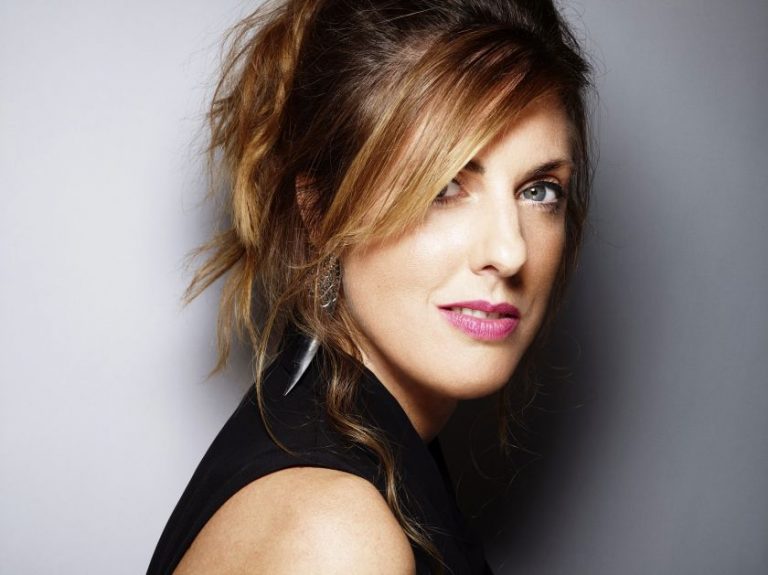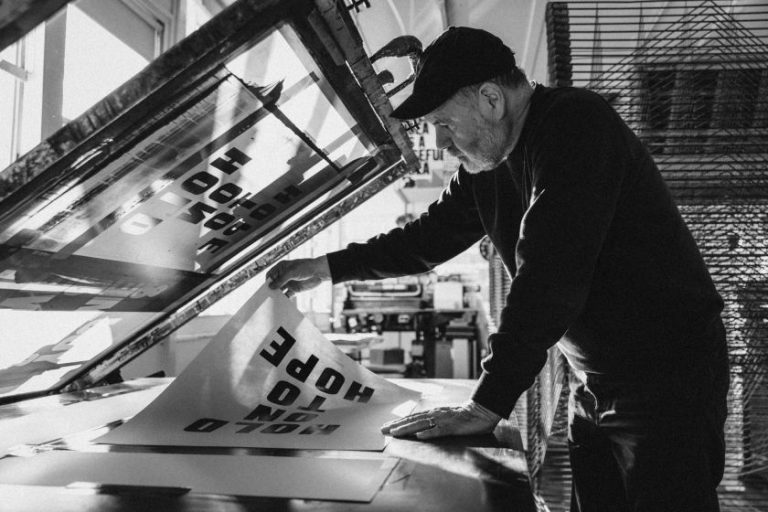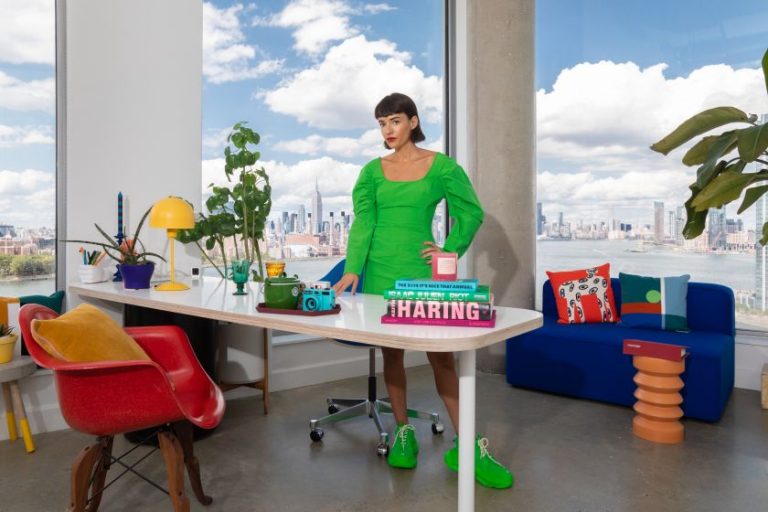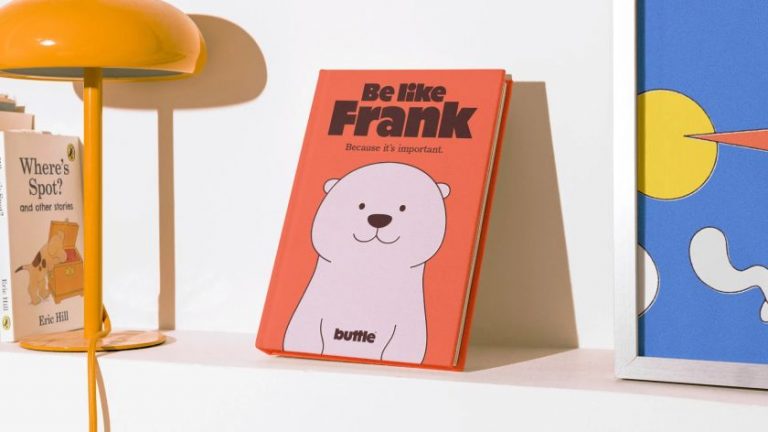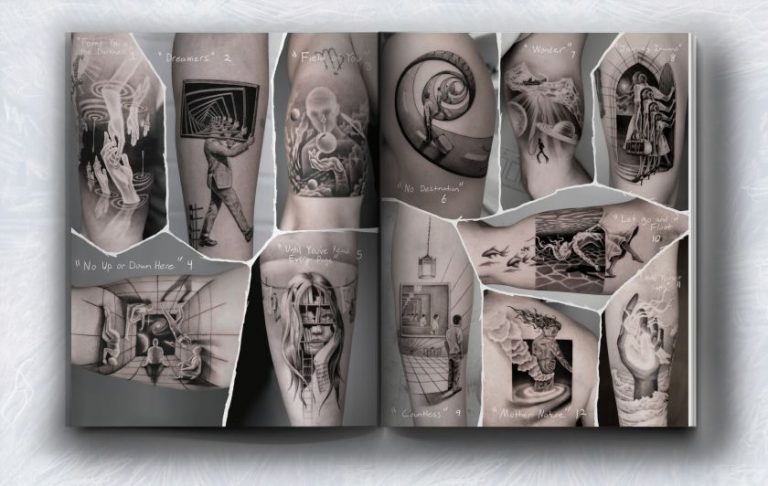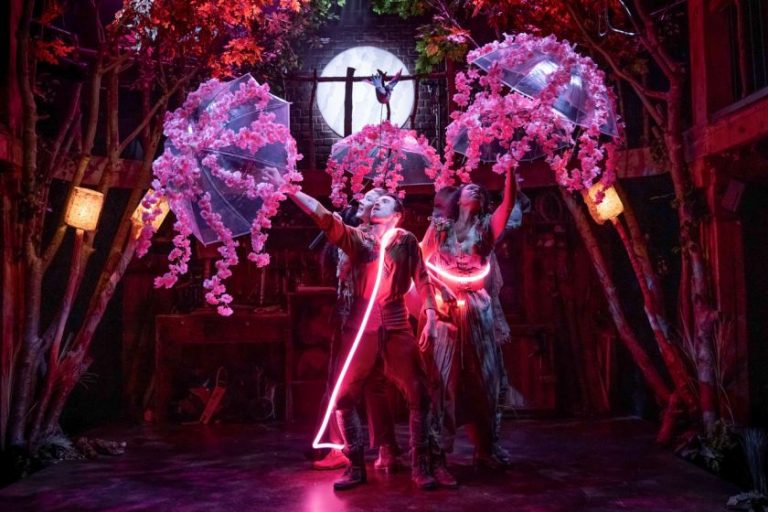Energetic shades of pink, green and blue are blended and carved into forms that begin rooted in daily life but quickly lead to strange realms of dreamlike surrealism as envisaged by the talented young illustrator Wenjing Yang.
It’s the colour that hits you first when Wenjing Yang‘s portfolio is laid out before you. Just how she manages to balance loud hits of pink, blue and green without overpowering the viewer will leave you scratching your head. But she manages to achieve it, and the effect is instantly striking yet at the same time full of fascinating nuance.
While objects melt together and creatures emerge from alternate dimensions, the artist perfectly handles everything from plush textures to transparent surfaces. To say Wenjing’s art is unique would be something of an understatement.
“Through my exploration of colour, I seek to infuse my illustrations with vibrancy and evoke visceral responses from the viewer,” says Wenjing. “My approach is intuitive, and I favour complementary colours for their dynamic contrast and balance. The spectrum created by pinks, blues and greens offers rich variations, allowing my illustrations to be more versatile and meet diverse visual needs. Still, I’m not limited to them and adjust my palette to suit each project’s requirements.”
After studying at the School of Visual Arts in New York, Wenjing went on to complete an MA at the Maryland Institute College of Art and is now racking up an impressive client list while also embarking on self-initiated work, exhibitions and collaborative projects that explore themes unlikely to crop up in commercial projects. Having worked with several editorial and publishing brands such as the Washington Post, Wired UK and Dasan Books, she’s interested in broadening her experience to include advertising campaigns with installation and animation components.
The point is driven home in her installation, The Shadow of Metaphor, which explores metaphors we use to describe diseases and how these affect a patient’s perception of their body, mind, and soul. Along with artworks vibrantly depicting elements of human biology, Wenjing created a typeface to accompany the work.
Medicine and social sciences are areas Wenjing would like to pursue in her art
The topics of heart disease, cancer and Alzheimer’s have personal meaning to Wenjing because members of her family are living with these diseases. “It was a thought-provoking process which fostered deeper conversations with my family and enhanced my understanding of their views on bodies and illness. The installation will feature the nine illustrations in a circle, with metaphors depicted on the outside and interviews presented poetically on the inside using my own typeface,” explains Wenjing.
Another project she’s working on looks at the deification of modern communication technology through the lens of ancient Chinese storytelling. Created in collaboration with Aoao Ying, Apotheosis is a book inspired by The Classic of Mountains and Seas. It uses imaginative imagery to respond to the fetishisation of phones, faxes, and routers, for example.
Book illustrations for Apotheosis
“Inspiration comes from the subtle interplay of factors within our daily lives, and I strive to capture these enchanting moments through my works,” says Wenjing. “My creative process involves curating mundane objects and scenes, transforming them into illusions that invite viewers to explore new angles of perception. By presenting familiar elements unexpectedly, I challenge conventional perspectives and encourage a deeper appreciation for the beauty surrounding us.”
The Ideal Restaurant for the Washington Post
Often, Wenjing’s commercial work has enabled her to follow this muse and show that she’s by no means married to a palette of pinks, greens, and blues. She’s an artist who delights her clients with the unexpected, as seen in her work for the Washington Post, which offers a unique take on the quality of service in the restaurant industry.
Meanwhile, in her work for Kiehl’s to celebrate the Lunar New Year in 2023, Wenjing broke into a palette of reds, yellows, and oranges and also discovered the potential of her creative style in surface design. The client loved the patterns she created, which consisted of traditional Chinese iconography blended with a hint of Wenjing Yang’s trademark surrealism.


